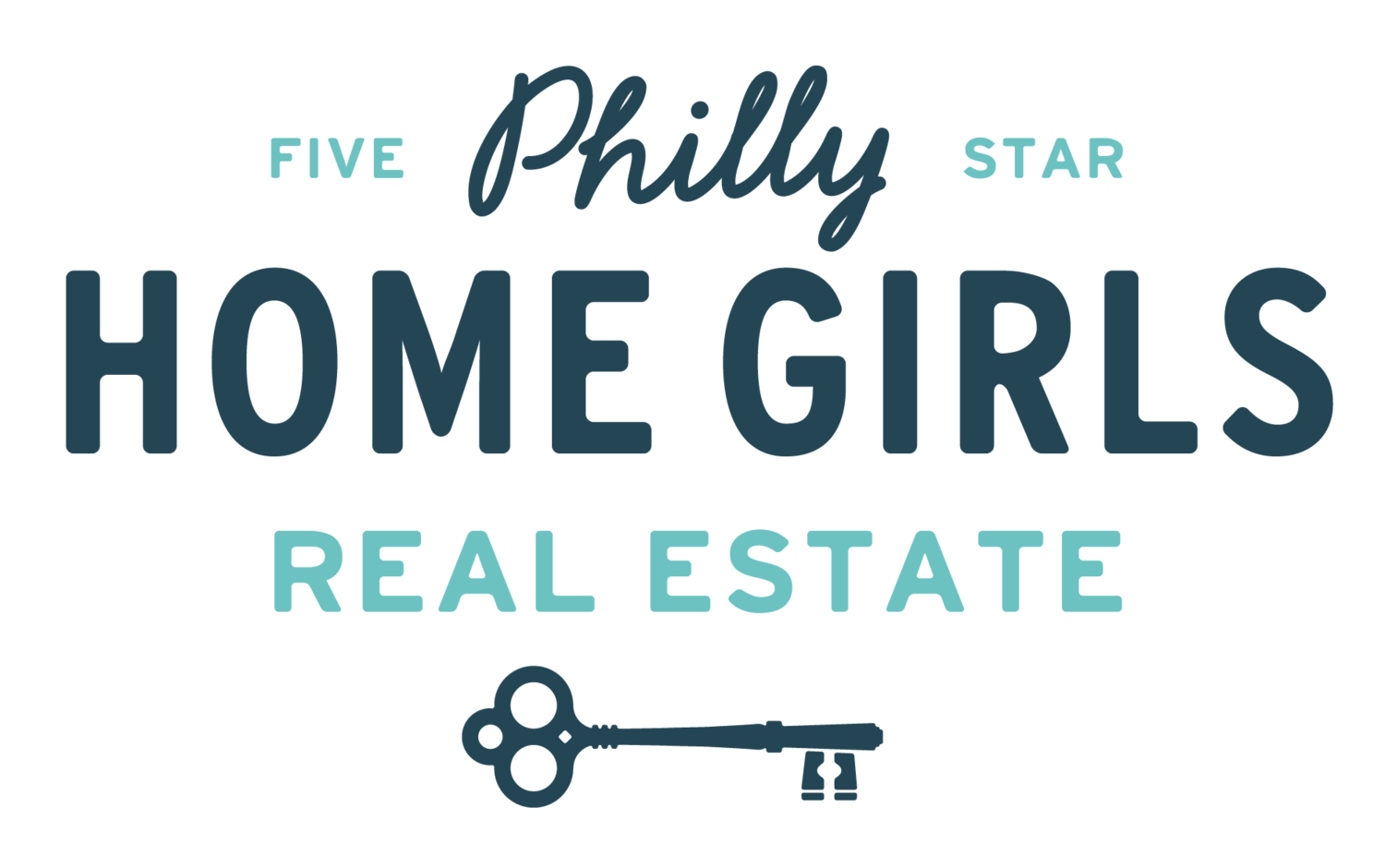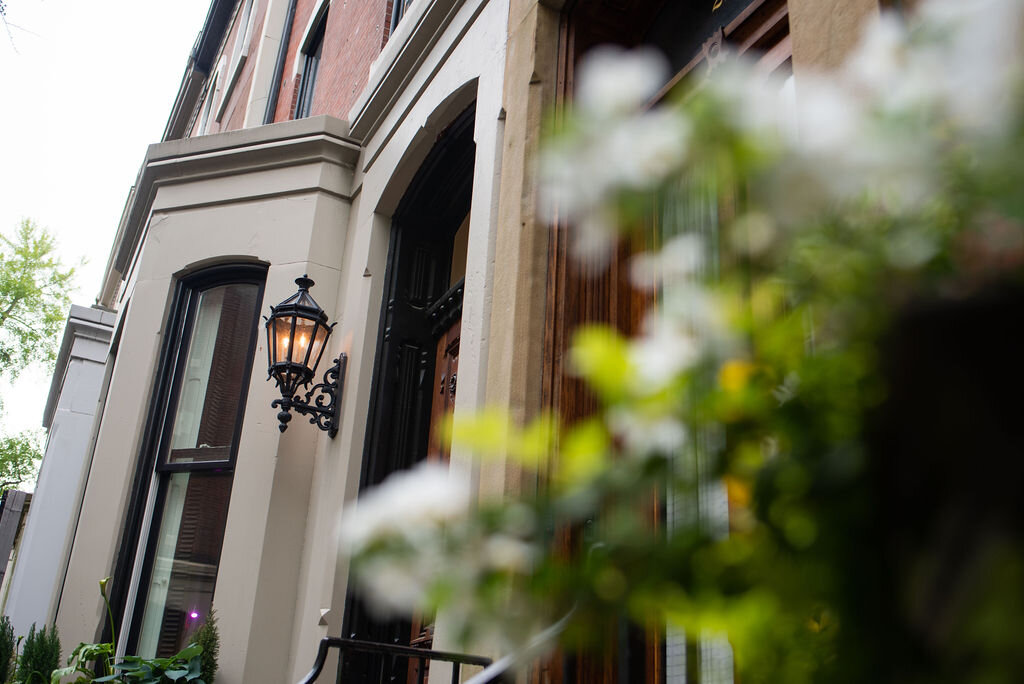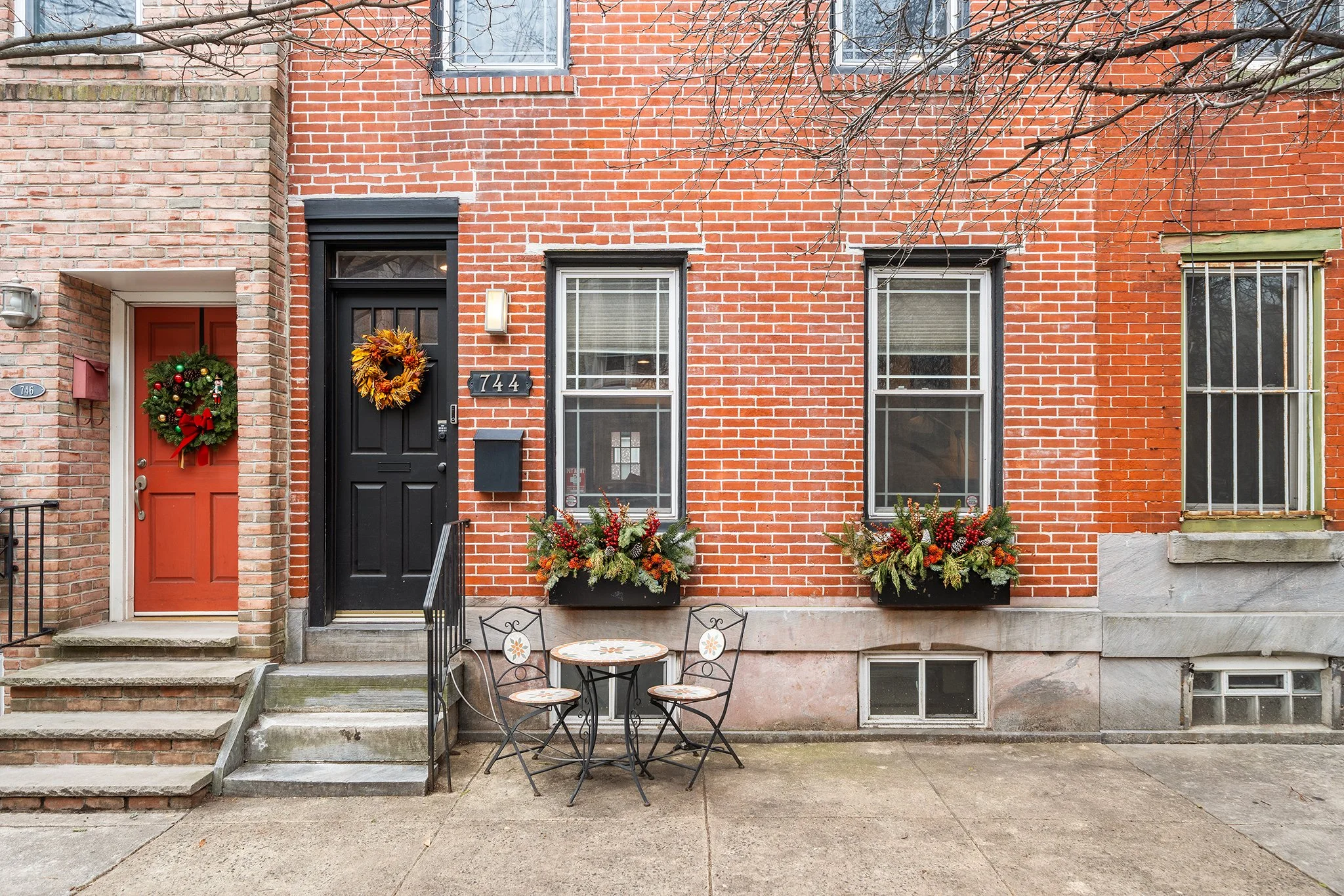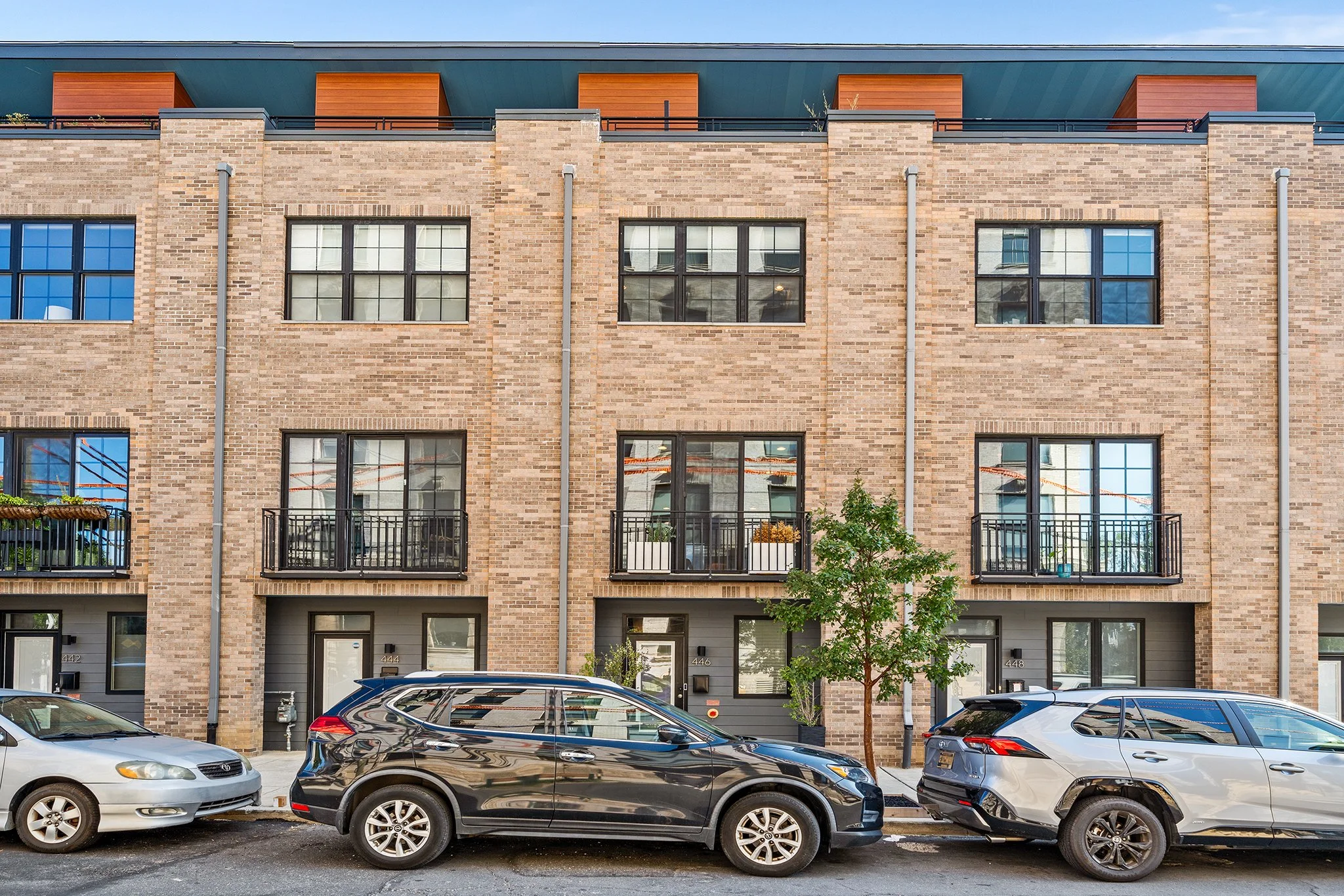Updated: July 2025
Although the city of Philadelphia has a comprehensive website that is simple to navigate, we have pulled some highlights together covering the property tax basics that every homeowner should know.
What’s New?
Philaldelphia Property Taxes are reviewed annually and should be completed each year by March 31st. The pandemic put an already slow process into a holding pattern, which resumed in 2022. Now years later, we are still feeling the sluggish process of the city performing property assessments, however we should be caught up for 2025. We saw a significant increase in property taxes in 2022 and have been increasing each year at lower increments.
You can check out your new assessment via the philla.gov website, they’ll do the math for you! If you want to double check the calculation, take the Market Value minus the sum listed in the Exempt Improvement column (if it’s zero fast forward to the Homestead Exemption section of this blog and sign up today!). Then multiply that “new” Market Value by .013998. That is the new property tax total you will owe, paid every March.
How are property taxes paid?
Taxes are due on the 31st of March every year. If you have a mortgage on your home, that due date will come and go without notice because your property taxes are rolled (aka escrowed) into your monthly payment. The mortgage company collects your taxes and is responsible for paying the city directly. The company that holds your mortgage will even receive any notices of tax increase or adjustments, so you can be assured your property taxes are up to date and paid in a timely manner.
When you own your home outright, without a monthly mortgage balance, or if your mortgage company doesn’t collect a monthly tax payment from you, then it’s your responsibility to pay your yearly property taxes by March 31st. Delinquent payment will result in interest, penalties and fees. If non-payment goes past the first of January, the following year, an additional fine will be applied and the city can begin the process of foreclosing (aka selling your home at the sheriff sale). Utilize phila.gov to find your tax balance.
How are property taxes calculated?
Real Estate taxes are calculated every year based on an assessment of your property by the Office of Property Assessment (OPA). The assessment is supposed to be based on a mass appraisal, not necessarily the price you paid for your home. Find the assessed Market Value of your home by looking it up here. Your total assessment is then multiplied by a percentage of tax (aka millage) determined by the City of Philadelphia and the School District of Philadelphia. For example, the rates for the 2025 tax year are: 0.6159% (City) + 0.7839% (School District) = 1.3998% (Total)
Is there anything I can do to lower my property taxes?
Programs With Income Requirements
The city has a number of programs that can help with property tax relief. There are programs, where you must meet financial requirements, such as tax breaks for senior citizens, Active Duty Tax Credits for active military, as well as the Longtime Owner-Occupants Program (LOOP).
Although it is rare, with Philadelphia neighborhoods growing rapidly, home assessments can increase more than 50% in one year. If you have lived in your home for 10 years, meet the salary limitations based on your family’s size, LOOP may be able to provide relief on your property taxes. LOOP will allow you to “lock in” an assessment that won’t exceed 50% from the previous year. It will remain locked for the lifetime you are in your home.
Programs Without Income Requirements
A tax-saving program often overlooked by new homeowners is the The Homestead Exemption. It takes about 5 minutes to file for the exemption online and is open to all Philadelphia residents. With this exemption, the assessed value of the property is reduced by $100,000. Most homeowners will save $1,399 a year on their Real Estate Taxes ($100,000 x 1.3998% = $1,399 see how that works!). The other good news is it is one and done! You don’t have to renew the Homestead Exemption, it will remain valid for the length of time you live in the property. If you have a tax abatement you cannot capitalize on the homestead exemption until your abatement is over.
Tax Abatements
Tax Abatements on new or rehabbed construction are probably the most talked-about tax break in Philadelphia. In effect since 2000, homes that are newly constructed on vacant land are currently allowed a Tax Abatement for a period of 10 years. Property taxes are calculated on the assessment of the vacant land before the home was constructed. For example, if you purchase a new construction home in Fishtown for $400,000 that was built on land assessed at $100,000 you would pay $1,400 vs $5,600. This incredible tax savings program was introduced to encourage new development, affordability, and vitalization in the city.
On Dec 12, 2020 two bills were passed that came into play on January 1, 2022. The first is introducing a new construction tax that would fall on the developers, not the buyers. The second changes the allocation of the tax abatement over a 10-year period. If you purchase a new property before the end of the year 2021 you were granted the full 10-year tax abatement and will continue to be exempt from paying taxes on the value of the building for the full 10 years.
If you purchase a residential new construction or rehabbed home in 2022 or later, your tax abatement will break down as follows: The assessed value of the new structure will be 100% tax-exempt the first year. In the second year, it will be exempt 90%, the third year 80% and so on. This continues until you get to 0% abatement and are paying the full property tax on the assessed home.
There are two very important variables to understand about tax abatements. First, your tax bill isn’t frozen if you have an abatement. The OPA (Office of Property Assessment) can change (or reassess) the value of the land and the improvements. The city and the school board can also change the millage at which we are taxed which currently is 1.3998. If either or both of these events occur, so will your annual bill. Secondly, anyone building or renovating a home can apply for a tax abatement on any alterations to a property. Whether you’re a homeowner or an investor rehabbing a home, even if the home is not newly built from the ground up, as long as permits are pulled, construction is done legally, and all is square with your tax and utility accounts, you can apply for a tax abatement. The value of the improvements made to the home that will be exempt from tax is largely determined by the permits that are pulled, and by the OPA. They also have to be applied for within a regulated period of time determined by the OPA.
Now that you have a solid foundation of what property taxes look like for Philly residents, you can check all the tax assessments and bills on any property across the city at philla.gov. We are happy to talk with you more on this subject and help you with any questions you may have, just give us a call.




































What do you do when you’ve inherited a house? How do you sell a home from a loved one’s estate? What will happen with your home after you pass away? These are common questions we get in this industry. To help answer them, we sat down with Steven Zelinger, an attorney that specializes in estate planning and probate.